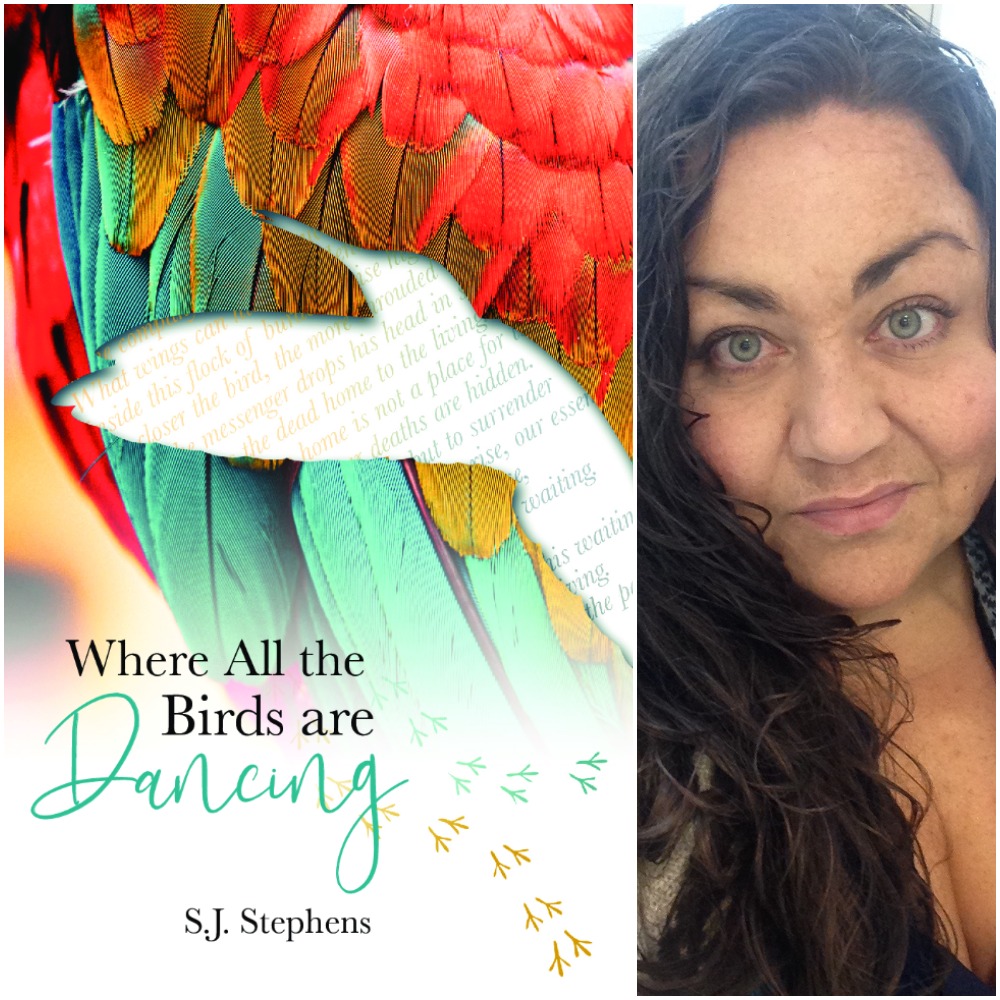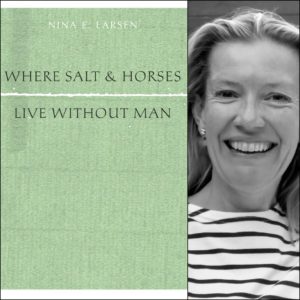In poems as vivid as they are precise, S.J. Stephens reckons boldly with the difficult world and—in equal measure—with what is difficult in herself. Again and again she trains on self and other (and trees and birds and bees and weeds) a loving attention no less exacting for its affection. This work is feminist in its insistence on telling the truth from an embodied female perspective, even when the truth is that she has internalized a “shame so shrill it makes [her] shudder.” Sometimes these poems tell their hard truth directly to those who endanger the speaker’s capacity for liberty and self regard. Sometimes they speak to the natural world, finding echoes of the inner life in outer scenes: hunger, danger, love. Often the speaker seems to talk to the speaker, counseling herself to keep seeing, keep saying what’s true for the sake of her own wellbeing and for the good of us all. Always these poems speak to a reader ready to train her gaze, too, on what’s beautiful and frightening, frustrating and heartening. While Stephens’ poems offer no compromise, they certainly offer, in poem after poem, plenty of consolation. “[A] raw and bloody fear rises in me,” she tells us “but there is also wild, wild joy.”
–Melissa Crowe, author of Dear Terror, Dear Splendor (University of Wisconsin Press)
These are elegant, surprising poems. The speaker longs to find something sacred in the branches, in the Ohio River, in the Salty Dog Café, and in language. There is such a deep need to connect despite violence, despite “a world that picks at…souls like scavenger birds feasting,” because in each Laurel there could be a “beating heart.” Stephens’ voice is muscular and full of truth, and I am so lucky to have come to know it. A beautiful, powerful collection.
–Kelly Moffett, author of Bird Blind and A Thousand Wings
Through Stephens’s work, we realize the questions that are buried deep within our subconscious—questions like: am I a true feminist or am I just giving the impression that I am a feminist without truly living it? “I wear the impression of Cinderella and her feminist rant / like an evening gown.” She takes us on a journey through the #metoo movement and whittles the essence of family into concrete images we understand at a gut level: “Even though the love lies on the floor / with sawdust and drops of paint / and years of words stick in the cracks of wood paneling”. Stephens possesses an unusual talent for the art of the sestina, and she brings us a new consciousness of the “childless mother”—that there are women who are mothers but have not had the opportunity to have children, and this is a fresh take on feminism. Stephens’s work is timeless and remains with the reader long after they close the book.
–Megan D. Henson, author of What Pain Does






Reviews
There are no reviews yet.